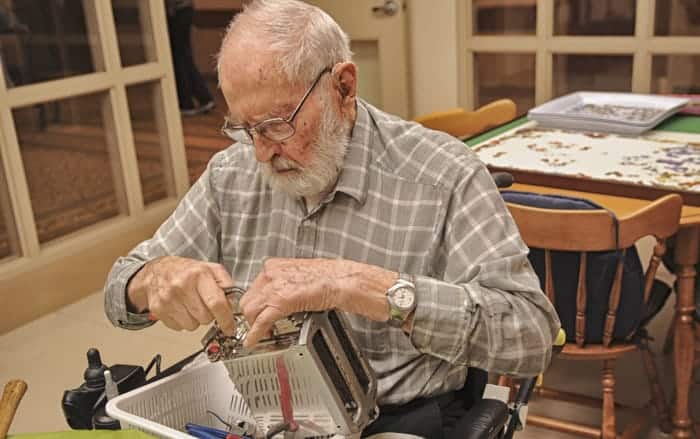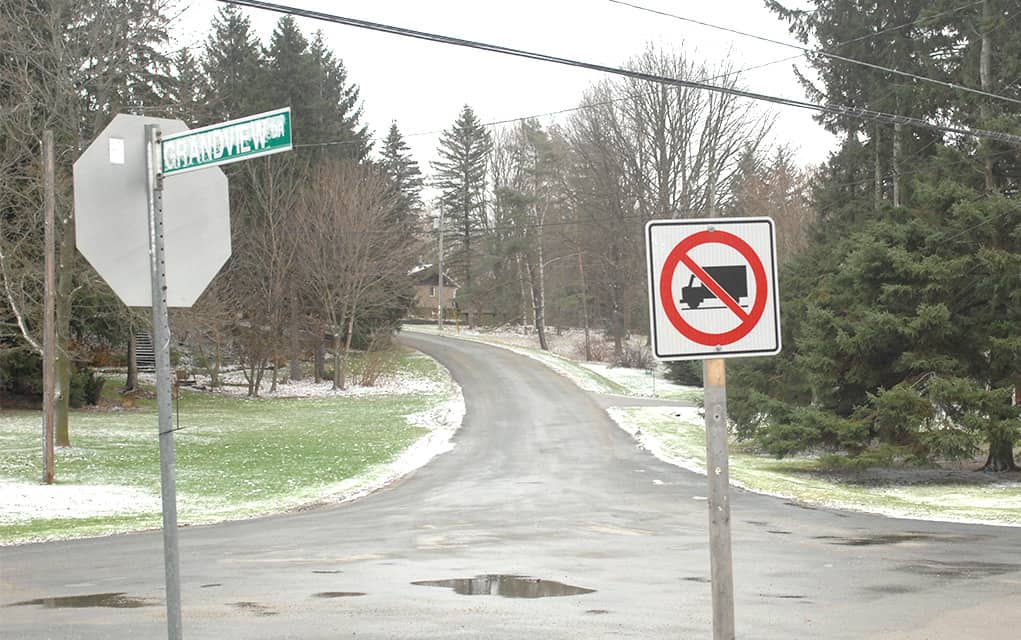Ontario is rolling out a contact-tracing application for mobile phones, part of efforts to contain the spread of COVID-19. While there are concerns about invasive tracking of people’s movements, privacy watchdogs have reviewed the COVID Alert exposure notification application, lending it their support.
The federal government led the development of the app, which was launched first in Ontario last Friday.
The phone app traces users’ movements, notifying them if they may have been in contact with someone who’s tested positive for COVID-19.
Given the Orwellian implications of the app, the Office of the Privacy Commissioner of Canada (OPC) and Office of the Information and Privacy Commissioner of Ontario (IPC) both consulted with the federal and provincial governments prior to last week’s release to IOS and Android app stores.
Ontario is the first location for the COVID Alert app, though a similar application was released previously in Alberta. As the new app is intended to be used nation-wide, privacy commissioners in other provinces and territories will also be engaged in the process, OPC and IPC said in a joint release last week.
Having reviewed the app, both groups said it meets high levels of privacy and security standards, including requirements the information collected be deleted once the pandemic ends.
“Canadians can opt to use this technology knowing it includes very significant privacy protections,” said Daniel Therrien, Privacy Commissioner of Canada, noting he would be downloading it to his phone.
IPC Commissioner Patricia Kosseim noted that COVID Alert app would be an effective way to trace the virus’ constantly evolving route.
“I support the use of exposure notification technology to help control the spread of COVID-19, provided it is used in the way it’s been designed to respect the privacy of Ontarians,” she said. “This app will only work if people trust their personal information will be protected and choose to use the technology. Based on our review of the app and acceptance of our recommendations, I am satisfied that there are strong measures built in to help protect individual privacy.”
In order to be useful, however, the app would require a large percentage of users to download it, which may be a big hurdle.
Earlier this year, Dr. Hsiu-Li Wang, Waterloo Region’s medical officer of health, noted the Alberta application hadn’t achieved the needed traction.
“I think If I recall, I’ve seen some information from out west, and it was in the range of 10 to 20 per cent of people picked up on it. So, I think it really is going to depend on how many people voluntarily sign up to the app,” said Wang.
The region having made it through the first wave of the coronavirus, officials are watching for a second wave, with some parents anxious about sending their children back to school.









